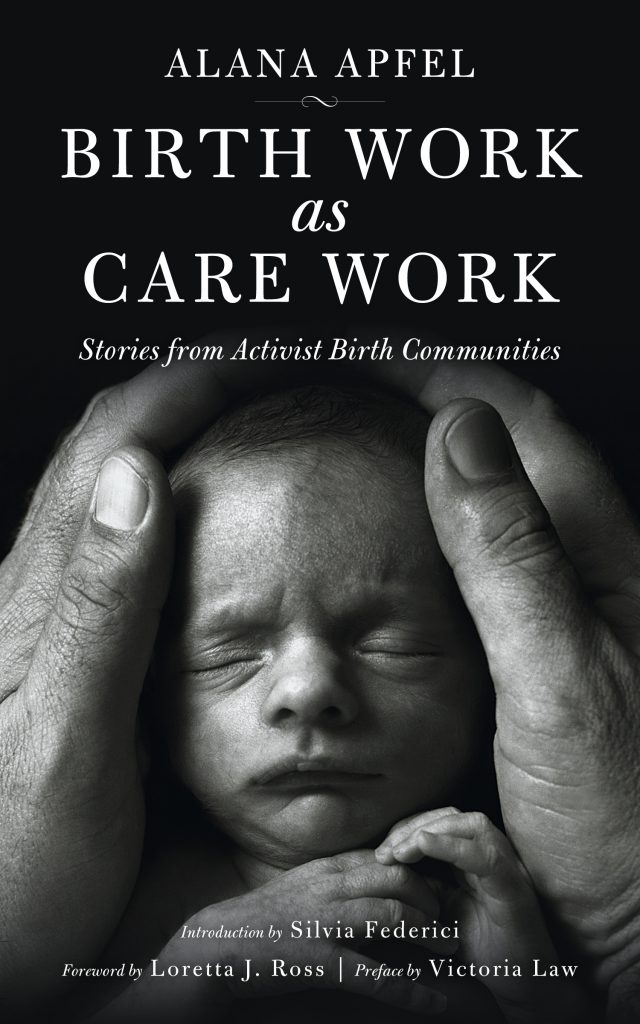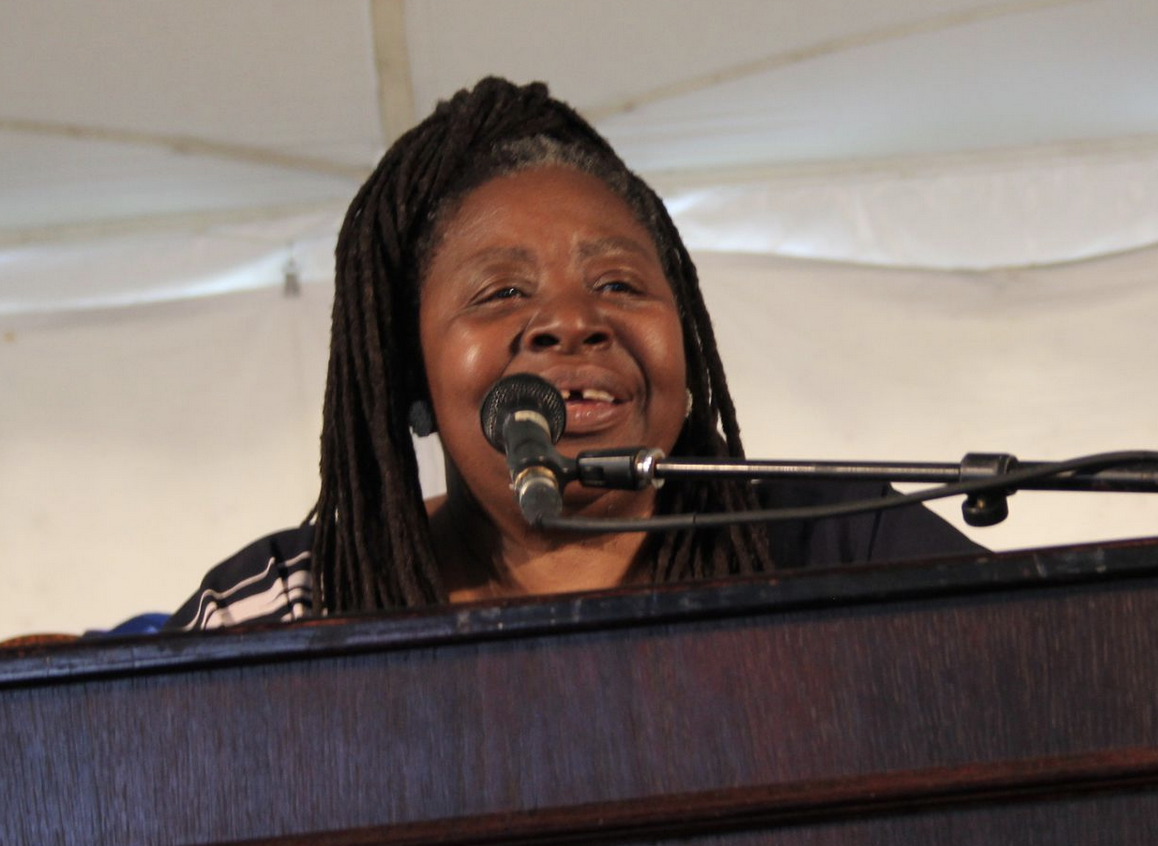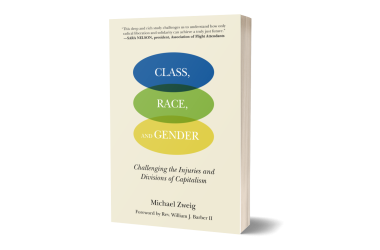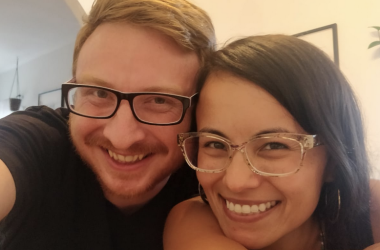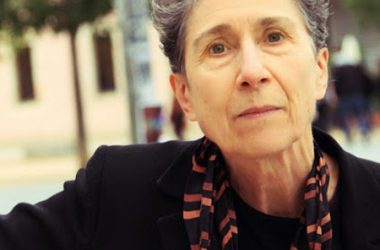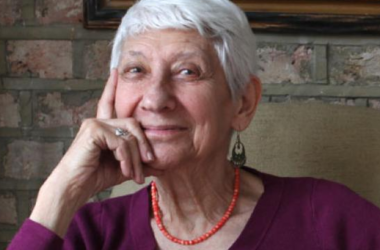Check out Professor Ross’s Foreword to Birth Work as Care Work: Stories from Activist Birth Communities
By Alvin Buyinza
Mass Live
October 14th, 2022
Loretta J. Ross, the reproductive justice and human rights activist who helped pioneer a framework that expanded the abortion rights debate to include conversations around race, class and other identities, has just been announced as a 2022 MacArthur fellow. Ross teaches at Smith College in Northampton.
Each year the MacArthur foundation chooses a handful of innovators, creatives and/or groundbreaking researchers to be a part of their fellowship program. The program – which was started in 1981 – awards fellows an annual $800,000 “no-strings-attached” stipend for five years. The MacArthur foundation doesn’t have an exact requirement for the work fellows produce during the program, nor does the fellowship evaluate recipients’ creativity.
“I’m on cloud nine, I feel so undeserving,” Ross said in an interview with MassLive on Friday.
Ross was nominated for the fellowship by several individuals. However, like all MacArthur fellows, she does not know the names of the people who nominated her or what was written about her.
Ross, 69, who doesn’t have a pension since she’s worked in the non-profit sector for over 50 years said she plans on using the grant money toward a long-term care insurance policy for herself.
“I don’t have any romantic or sexy things to do with the money except for try to take better care for myself,” she said.
Ross is known for her work in being one of the architects of the reproductive justice framework. The framework has three elements – the right to have a child, the right to not have a child, and the right to parent children in a safe and healthy environment.
In the early and mid-1990s, discussions around reproductive rights had largely focused on abortion and the pro-life/pro-choice debate. This reflected the priorities of upper and middle-class white women who already had economic access for abortions and medical care, according to the MacArthur Foundation. However, Ross with the help of her colleagues sought to address the systemic barriers and inequalities that childbearing people face across a plethora of marginalized identities.
Ross’ book “Reproductive Justice: An Introduction,” details the history of how women of color and disabled people were subject to racist reproductive policies – e.g. forced breeding of Black women.
In 1997, Ross co-founded the SisterSong Women of Color Reproductive Justice Collective, which aims to inform and educate policymakers on newly formed principles around reproductive justice. Ross has also founded the National Center for Human Rights Education which aims to combat racism and other forms of bigotry. Recently, Ross has shifted her attention toward bringing people together in civil discourses in the era of “cancel culture.”
Currently, she teaches a course at Smith College — an all-women’s college in Northampton on “White Supremacy, Human Rights and Calling In the Calling Out Culture.” The course focuses on teaching people about the harms of “call-out culture,” the act of publicly shaming and criticizing others for problematic behavior. Instead, the course teaches and encourages people to “call in” others.
“A call in is actually a callout done with love and respect,” Ross said in an interview with WBUR in 2020. “Because you’re really seeking to hold people accountable for the potential harm that they cause, but you’re not going to lose sight of the fact that you’re talking to another human being. And so you extend a hand of active love and active listening to help them maybe stop and think about what they said.”
Ross said almost every semester she gets around 50 students to participate in the course, despite the average class size being for 12 students.
“The main thing I do that I think helps a lot is that I separate the ideology of white supremacy from whiteness as an identity,” Ross said. “Because obviously not all white people are white supremacists and not all white supremacists are white.”
Some of the things Ross teaches about are how to take pride in oneself regardless of their identity and how to have hard conversations with loved ones.
“The Smith community is immensely proud of Loretta and her work, which encourages us to think in new ways about how we define and confront injustice,” Smith College president Kathleen McCartney said. “In the classroom and in her actions, she has shifted the paradigm of how we define human rights, helping us gain greater understanding of what is needed to build a better world.”
In a statement sent out from Smith College, Ross said she was delighted to receive the award.
“Human rights play a central role in the geopolitical landscape and the future of democracies,” Ross said in the statement. “We need to re-envision the ways in which human rights are understood and practiced to ensure we are able to address today’s most pressing problems.”
